
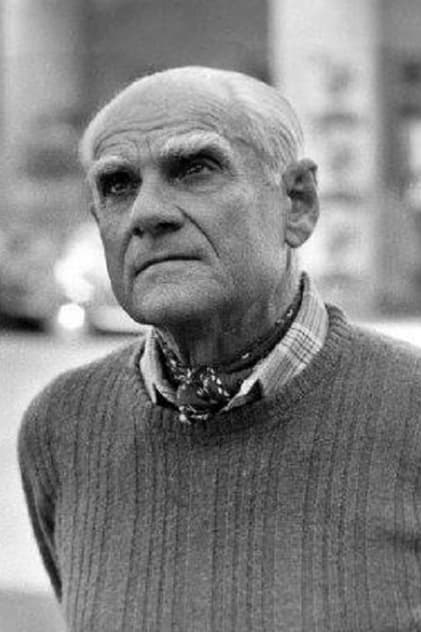
Alberto Moravia
Born: November 28, 1907
Died: September 26, 1990
in Rome, Italy
Died: September 26, 1990
in Rome, Italy
From Wikipedia, the free encyclopedia
Alberto Moravia (Italian pronunciation: [alˈbɛrto moˈraːvja]; November 28, 1907 – September 26, 1990), born Alberto Pincherle, was an Italian novelist and journalist. His novels explored matters of modern sexuality, social alienation and existentialism. Moravia is best known for his debut novel Gli indifferenti (1929) and for the anti-fascist novel Il Conformista (The Conformist), the basis for the film The Conformist (1970) directed by Bernardo Bertolucci. Other novels of his adapted for the cinema are Agostino, filmed with the same title by Mauro Bolognini in 1962; Il disprezzo (A Ghost at Noon or Contempt), filmed by Jean-Luc Godard as Le Mépris (Contempt 1963); La Noia (Boredom), filmed with that title by Damiano Damiani in 1963 and released in the US as The Empty Canvas in 1964 and La ciociara, filmed by Vittorio de Sica as Two Women (1960). Cedric Kahn's L'Ennui (1998) is another version of La Noia.
Alberto Moravia (Italian pronunciation: [alˈbɛrto moˈraːvja]; November 28, 1907 – September 26, 1990), born Alberto Pincherle, was an Italian novelist and journalist. His novels explored matters of modern sexuality, social alienation and existentialism. Moravia is best known for his debut novel Gli indifferenti (1929) and for the anti-fascist novel Il Conformista (The Conformist), the basis for the film The Conformist (1970) directed by Bernardo Bertolucci. Other novels of his adapted for the cinema are Agostino, filmed with the same title by Mauro Bolognini in 1962; Il disprezzo (A Ghost at Noon or Contempt), filmed by Jean-Luc Godard as Le Mépris (Contempt 1963); La Noia (Boredom), filmed with that title by Damiano Damiani in 1963 and released in the US as The Empty Canvas in 1964 and La ciociara, filmed by Vittorio de Sica as Two Women (1960). Cedric Kahn's L'Ennui (1998) is another version of La Noia.
Movies for Alberto Moravia...

Title: Io sono nata viaggiando
Character: Self (archive footage)
Released: November 11, 2013
Type: Movie
A journey back through Dacia Maraini's and her trips around the world with her close friends cinema director Pier Paolo Pasolini and opera singer Maria Callas. An in-depth story of this fascinating woman's life. Maraini's memories come alive through personal photographs taken on the road as well as her own Super 8 films shot almost thirty years ago.

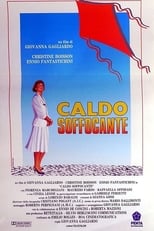
Title: Suffocating Heat
Released: August 26, 1991
Type: Movie
On June 30, 1990, in Rome, Marie Christine is getting ready to take her son Pietro and Paolo to their father for the weekend. As the Football World Cup is taking place in Italy, Rome is flooded with supporters; the traffic is chaotic and French-born Marie Christine, who works as a translator, finds a bag that belongs to Miriam, who must leave the next day. Marie Christine decides to find her to return her passport, but one Giuliano Ferrini tries to prevent this. So Marie Christine finds herself navigating through a hot Roman night in a city she doesn't know, among people she never dreamed could inhabit the same city.

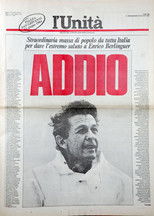
Title: Farewell to Enrico Berlinguer
Character: Self
Released: September 8, 1984
Type: Movie
A film of Enrico Berlinguer's funeral in Rome, briefly tracing his career as leader of the Italian Communist Party.

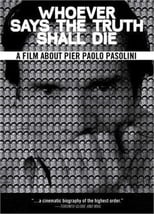
Title: Whoever Says the Truth Shall Die
Character: Self - writer
Released: February 28, 1981
Type: Movie
Philo Bregstein tells us this film looks at Pasolini's life and art to explain why he died. The film traces Pasolini's life chronologically - family roots, hiding during World War II, teaching, moving to Rome, being arrested and acquitted many times, publishing poems, getting into film, being provocative, and being murdered. Interviews with Alberto Moravia, Laura Betti, Maria Antonietta Macciocch, and Bernard Bertolucci are inter-cut with readings of Pasolini's poems and with clips from four films - primarily the Gospel According to St. Matthew - to illustrate his changing ideas and points of view. Bregstein makes a case for Pasolini's being lynched.

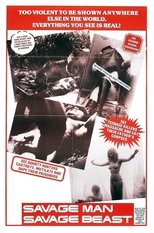
Title: Savage Man Savage Beast
Character: Narrator (voice)
Released: October 23, 1975
Type: Movie
A notorious mondo film depicting unbelievable and bizarre rituals, animal killing and cruelty, and people being killed and eaten, all by either animals or humans against each other or themselves.



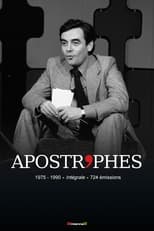
Title: Apostrophes
Character: Self
Released: January 10, 1975
Type: TV
Apostrophes was a live, weekly, literary, prime-time, talk show on French television created and hosted by Bernard Pivot. It ran for fifteen years (724 episodes) from January 10, 1975, to June 22, 1990, and was one of the most watched shows on French television (around 6 million regular viewers). It was broadcast on Friday nights on the channel France 2 (which was called "Antenne 2" from 1975 to 1992). The hourlong show was devoted to books, authors and literature. The format varied between one-on-one interviews with a single author and open discussions between four or five authors.

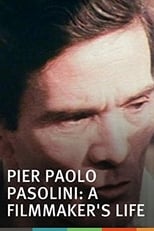
Title: Pier Paolo Pasolini: A Film Maker's Life
Character: Self
Released: June 1, 1971
Type: Movie
Documentary about Italian movie director Pier Paolo Pasolini, with interviews with some of his actors and friends.

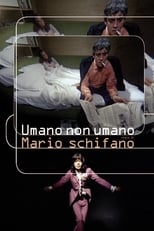
Title: Umano Non Umano
Character: Self
Released: May 7, 1969
Type: Movie
Artists and poets meet in a dreamlike space between walks and performances.

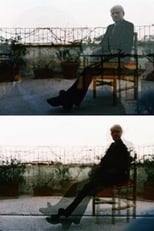
Title: The Olympian
Character: Self
Released: January 1, 1969
Type: Movie
Portrait of novelist Alberto Moravia filmed in Rome.

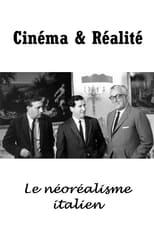
Title: Cinéma et Réalité
Character: Self
Released: January 1, 1967
Type: Movie
In this documentary, giants of italian cinema such as Rossellini, De Sica, Fellini and Zavattini talk about the importance of cinema after WW2, and about huge moments of social rebellion. This movie gives the floor to the creators of italian neorealism.

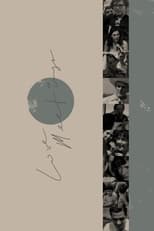
Title: Love Meetings
Character: Self - Writer
Released: July 5, 1965
Type: Movie
Pier Paolo Pasolini sets out to interview Italians about sex, apparently their least favorite thing to talk about in public: he asks children if they know where do babies come from; asks old and young women if they support gender equality; asks both sexes if a woman's virginity still matters, what do they think of homosexuality, if divorce should be legal, or if they support the recent abolition of brothels. He interviews blue-collar workers, intellectuals, college students, rural farmers, the bourgeoisie, and every other kind of people, painting a vivid portrait of a rapidly-industrializing Italy, hanging between modernity and tradition — toward both of which Pasolini shows equal distrust.

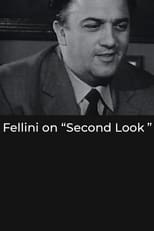
Title: Second Look: Fellini
Character: Self
Released: January 1, 1960
Type: Movie
A four-part documentary series about the Italian director Federico Fellini. Episode 1: His Childhood, His Beginnings; Episode 2: His First Films; Episode 3: His Films with Giulietta Masina; Episode 4: "La dolce vita" and Neorealism.

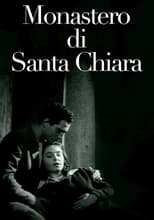
Title: Monastero di Santa Chiara
Character: Self
Released: March 19, 1949
Type: Movie
Rudolf a nazi officer falls in love with Ester a jewish singer and tries to save her from deportation hiding her in the Monastery of Santa Chiara.
